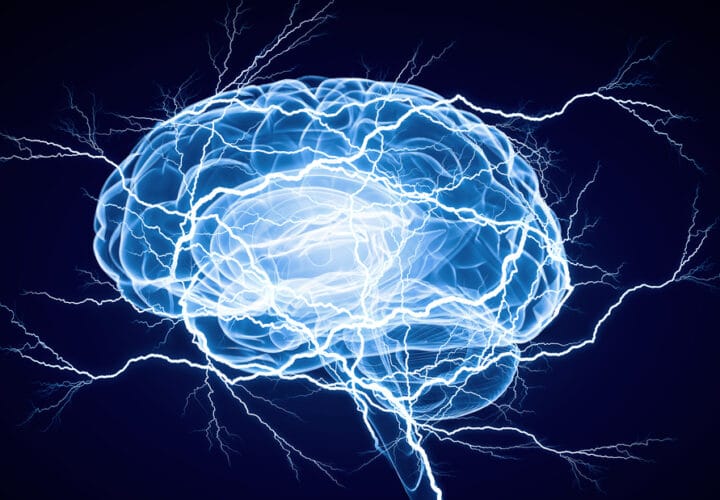A recent study shows that a decline in electrical activity in the brain could be a marker of Alzheimer’s and primary progressive aphasia.
If you could take a simple, painless test that would tell you if dementia might be in your near future, would you do it? What if that information could give you enough time to enter a clinical trial for a therapy that might help the disease?
Early detection, while it may sound off putting, is becoming a reality for people who are not yet showing life-changing symptoms of dementia, but may have signs of the disease in their brains. The latest method scientists are researching is using the pace of brain waves to gauge dementia likelihood, according to a new study by researchers at Baycrest Centre for Geriatric Care in Toronto, Ontario.
This means that these areas could be more responsive to treatments since the brain cells have not died yet and are only starting to undergo damage.
The study found that brain waves, produced by synchronized neurons communicating with each other within the brain, slow down in people who may be in the early stages of Alzheimer’s or a rare form of dementia that affects speech called primary progressive aphasia. While they only showed minor memory problems outwardly, inside, their minds were showing subtle signs of damage. The slowing down of brain waves predicted the level of memory loss they were experiencing.
“By using brain imaging, we were able to pinpoint that this slowing of electrical activity occurs in specific regions that have not yet lost brain cells, but are negatively affected by the disease,” said Dr. Jed Meltzer, senior author and researcher at Baycrest’s Rotman Research Institute. “This means that these areas could be more responsive to treatments since the brain cells have not died yet and are only starting to undergo damage.”
Scientists speculated that it might be possible to speed up the brain waves with intervention in an effort to stop or slow the development of dementia.
“Our work identifies a potential biomarker that indicates when the brain cells start to malfunction and opens the door to implementing targeted brain treatments during earlier stages of neurodegenerative disorders,” said Meltzer, who is also an assistant professor in psychology and speech-language pathology at the University of Toronto.
In contrary, the brains of healthy older adults had faster brain waves than young adults.
“One of the challenges in diagnosing Alzheimer’s disease is differentiating whether changes to the brain’s structure are a part of normal aging or actually early signs of the disorder,” says Dr Meltzer. “Based on these findings, researchers could potentially use measurements of brainwave activity before and after an intervention to test its effectiveness in a faster and clearer manner.”
Next, the scientists hope to research whether non-invasive electrical stimulation of the brain might slow down or treat diseases like Alzheimer’s.




Is the presence of what matter associated with changes in the rhythm of the brain ?